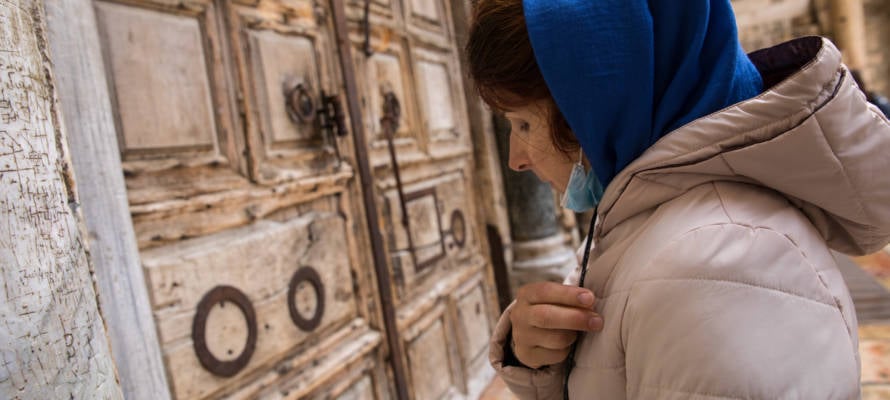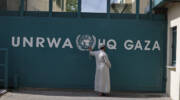With country on verge of its third lockdown, the government allows extra room for Christmas celebrations.
By Yakir Benzion, United With Israel
The coronavirus pandemic has cast a shadow over Christmas celebrations worldwide, but even though infections are on the rise, the government of Israel tried to make things a little merrier Christmas eve by easing restrictions on group prayer so that the countrys Christian community could find some extra cheer.
On Thursday the government’s coronavirus cabinet approved special conditions for Christmas and New Year’s eve as well as for Orthodox Christmas in Januaryy.
The new rules allow up to 100 people to join in outdoor prayer at places of worship. Churches will be permitted to hold indoor services with 10 people allowed for each opening the church building has, up to a maximum of 100 worshipers.
In all other cases, outdoor gatherings are still restricted to 20 people maximum, and no more than 10 people are allowed indoors at one time.
Israel is set to go into a national lockdown for two weeks beginning at 5 p.m. on Sunday in a move to lower the country’s soaring COVID-19 infection rate.
“I wish Israel’s many Christian friends around the world a very merry Christmas,” Prime Minister Benjamin Netanyahu said in his holiday greeting. “On behalf of the people of Israel, I thank each and every one of you for your prayers and for your support. This Christmas, the traditional greeting of ‘Peace on Earth’ will once again be expressed by millions across the globe.”
According to Israel’s Central Bureau of Statistics, on the eve of Christmas 2020 about 180,000 Christians live in Israel, which is about two percent of the country’s population.
The Christian population last year was 1.6%. Most Arab Christians live in the northern and Haifa districts.
The localities with the largest Arab Christian population are Nazareth (21,700), Haifa (16,300), Jerusalem (12,9–) and Shefar’am (10,400).
There is a higher percentage of Christian women pursuing advanced degrees compared to all other religions, across all degrees, with more Christian women pursuing Master’s and doctorate degrees each year.























